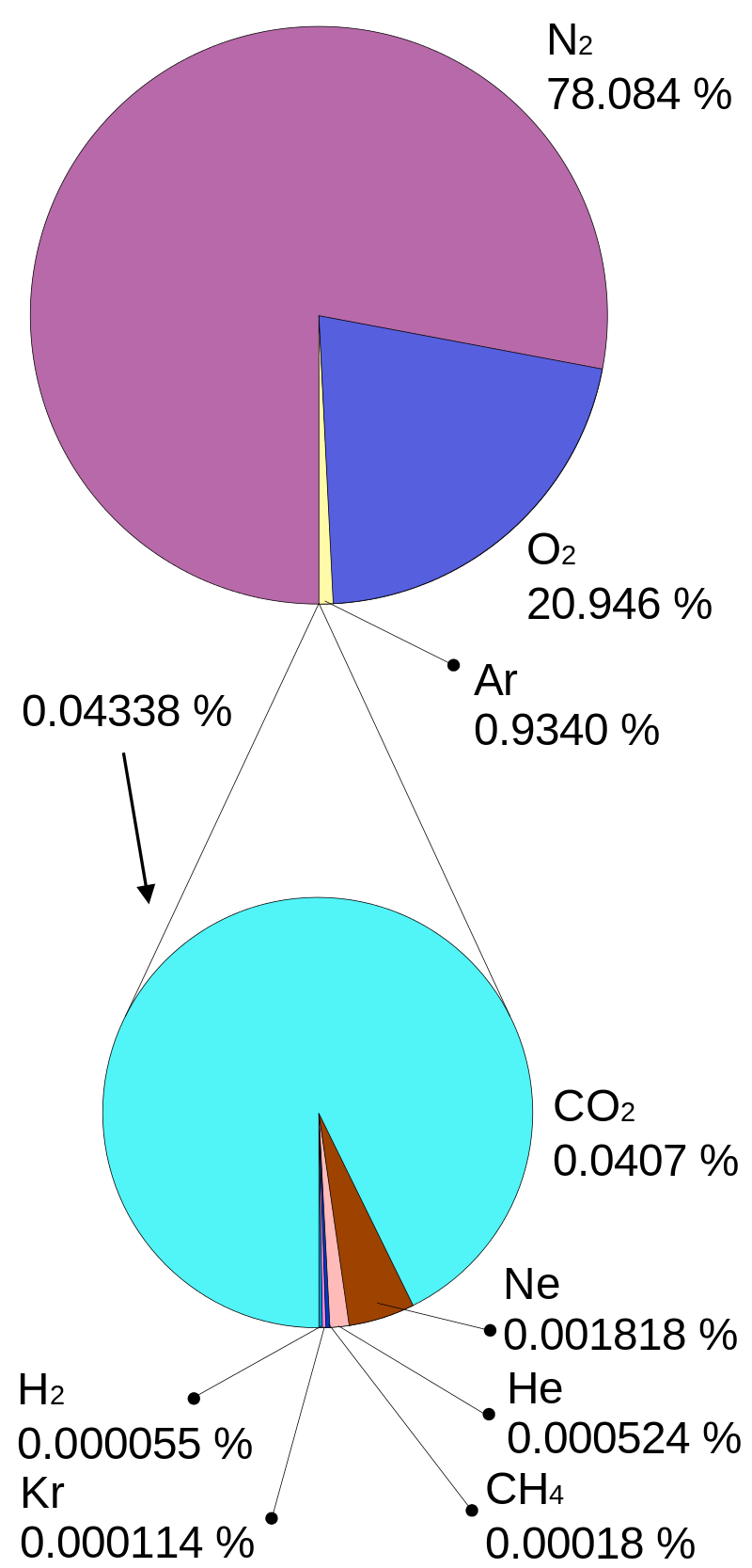I’m not sure how the amount of the sun’s energy that reaches the earth really factors into this. I can concede all of that, and I’m still not quite sure how the conclusion follows. I see the math, but it is like you skipped the last step.
I will weigh in on the seal level thing so long. Phil had this project where he wanted to put a hot water tank into paraffin (that waxy stuff you put around cheese). Because state of change takes a lot of energy, so the effect would be that the water stays around the melting/freezing point (that is, nice and hot!) for a really long time. It is similar to the high school experiment, where the water stays at 0°C until all the ice has melted, except that the oceans are of course a much bigger “glass”. Sometimes things can change very little, before they start changing quickly.
With that said, I have in the back of my mind the idea that perhaps we cannot just extrapolate linearly, perhaps we cannot look at the glass and go “pffft… hardly any of the ice has melted!”. I’ll get back to that again.
Secondly. There is a clear relationship between the CO2 in the atmosphere. That’s not hand waving. Empirical data. Drilling out ice cores in Antarctica and looking at the trapped air bubbles. Thousands of years of data. So yes, correlation doesn’t imply causation (and I will say that a few more times), and there is also the question of when CO2 actually increases plant activity, and how the planet essentially auto-corrects, but… I will get back to this.
Third. This excellent representation of the history of our temperature. Yes, it’s XKCD, but they guy has a way of being factual at times. Funny how drastically things changed since the industrial revolution.
So this is me getting back to what I want to say: Though correlation does not necessarily imply causation, it does suggestively wiggle its eyebrows and whispers: Look over there! And when that happens, the reasonably approach is caution. Not wild abandon. Not let’s just do what we always do and drill in the sea bed for more oil. Caution. Not panic either. Just caution.
So that’s where I am at, which is why I am neither on the anti-climate-change team, nor on the OMG-the-world-is-ending bandwagon. We should probably be ready for the correction-cycle though… 
![]()

